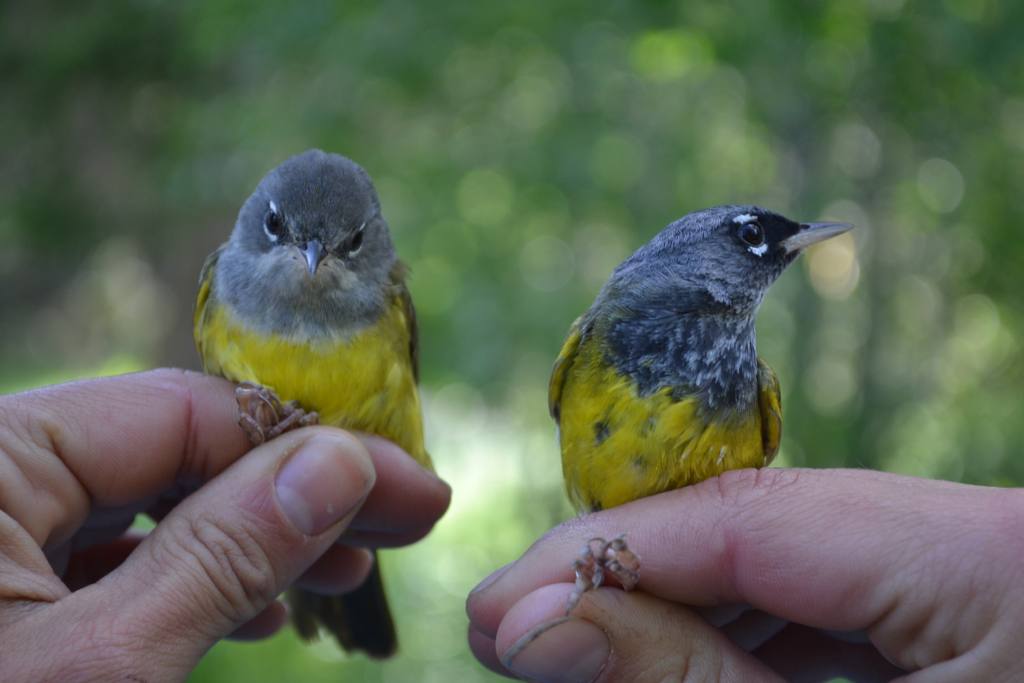


Made up of experts from conservation organizations, academia, zoological institutions, and enforcement agencies,it is tasked with conducting research on the taxonomy and wild populations, monitoring trade, lobbying for enhanced protection and effective enforcement, establishing and expanding ex situ assurance and breeding colonies, and developing education and community outreach. In 2017, the IUCN SSC Asian Songbird Trade Specialist Group (ASTSG) was formed to further elevate efforts. In 2016, the Conservation Strategy for Southeast Asian Songbirds in Tradewas launched, which included a list of high priority species and necessary actions to stave off their extinction-some of these numbered fewer than 100 individuals. The summit saw the formation of the Southeast Asian Songbird Working Group, which would devise a Southeast Asian songbird action plan. In 2015, the Southeast Asian Songbird Crisis Summit was heldin Singapore, gathering experts to address the crisis with utmost urgency. Javan Green Magpies, like this one photographed in a conservation breeding program in Indonesia, are all but extinct in the wild thanks to the illegal bird trade. Some species, such as the Javan pied starling Sturnus jalla, are believed extinct in the wild and remain only in the hands of collectors and traders. Already, many endemic species have been pushed to the edge, with only a mere handful of individuals left in existence, such as the Black-winged myna Acridotheresmelanopterus, the Javan green magpie Cissathalassina, the Rufous-fronted laughing thrush Garrulaxrufifrons, and the Niashill myna Gracularobusta. Indonesia is at the centre of this conservation crisis, having more species of songbirds threatened by illegal and unsustainable trade than any other country.

Songbirds, especially rare species or those extraordinarily attractive, are also frequently kept as status symbols. Throughout the region, particularly in Indonesia, Malaysia, Thailand, and Singapore, songbird competitions, where birds are judged on their singing abilities, are highly popular. The fascination with songbirds is deeply ingrained in various Asian cultures and involves hundreds of species. Although sellers are often found to be aware of the illegality of their actions, they are not deterred by any threat of prosecution. Enforcement takes a backseat, often because the authorities lack the necessary knowledge and awareness. Desired for their remarkable singing abilities, colourful plumage, and increasing rarity, Southeast Asian songbirds are trapped in the millions from the wild and traded on both a national and international scale.ĭespite many species being afforded legal protection by national laws and regulatory policies in some countries, enforcement efforts are often lacking, allowing the songbird trade to continue unhindered. Among the birds in trade are the songbirds. Photo: Jordi Janssen / Monitorīirds are traded for meat, for their parts used in traditional medicines, and as cagebirds. Bird markets are found in most towns and cities throughout Indonesia, with thousands of birds being openly traded daily. Of the approximately 850 species of bird native to Southeast Asia, more than 50 are assessed as Critically Endangered by the IUCN Red List of Threatened Species. It is recognized as a major threat to biodiversity, often acting in concert with habitat loss and hunting, compounded by unchecked demand, weak legislation, lax enforcement, public indifference, and widespread corruption-and it is pushing a multitude of birds towards imminent extinction.Īt current rates of over-harvesting and habitat conversion, it is estimated that one-third of Southeast Asia’s bird species will be extinct by 2100, with at least 50% representing global extinctions. While its clandestine nature makes accurate valuation impossible, it is considered the fourth most lucrative global crime after drugs, humans, and arms. Globally, the illegal wildlife trade is estimated to be worth between US$7 billion and US$23 billion annually. Enforcement efforts in the bird markets are needed to end the trade in these Critically Endangered birds. Black-winged starlings are in high demand in Indonesia, and as a result, very few are left. However, in some parts of the world, these songs are being silenced by the illegal and unsustainable wildlife trade.
#Songbird species full
Spring, especially, is full of bird songs as the migrants return and mating season’s singing rituals commence. Having birds around is something most Canadians take for granted.


 0 kommentar(er)
0 kommentar(er)
